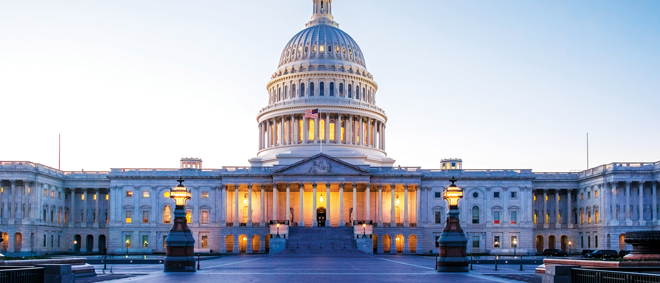On March 8, the U.S. government signaled regulatory changes that may create new opportunities for international collaboration on satellite development, global sales of satellite and launch equipment, and even sharing launch technology.
. . . and the Government wants you to weigh in.
Continue Reading Clear for More Takeoffs: Now is the Time to Have Your Voice Heard on New Satellite and Launch Regulations


